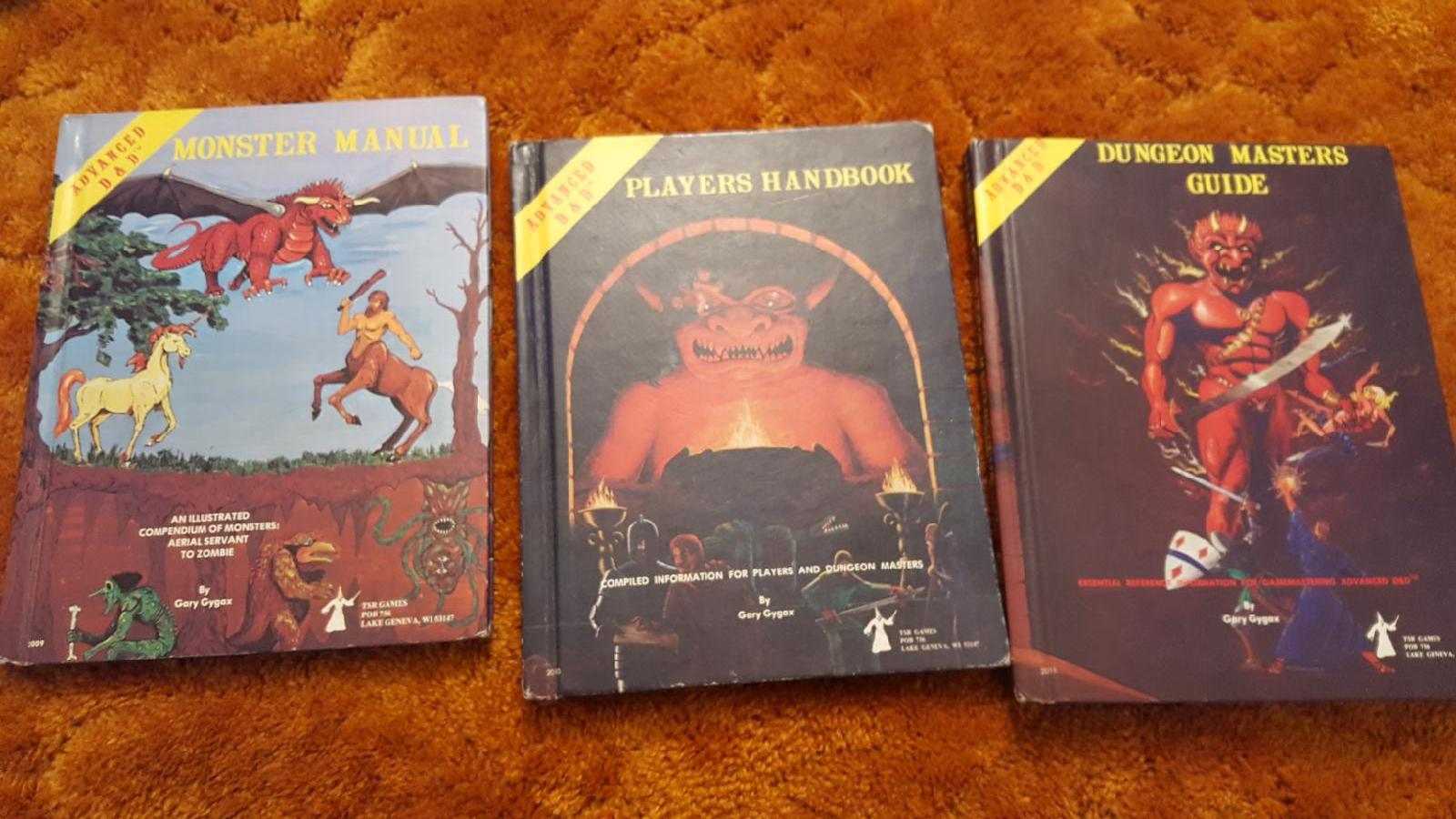
Dungeons & Dragons (D&D) has faced controversy and accusations of promoting the occult, witchcraft, and even being a gateway to Satanism ever since it was first published in 1974. As a D&D player and advocate, I aim to thoughtfully examine some of the most common criticisms and myths about whether D&D is an evil influence. Here is my top ten list analyzing the question:
10. Dark and Demonic Themes
A top criticism of D&D is that it involves dark, demonic, or occult themes. The game does take place in fantasy settings with magic, supernatural elements, and monsters like demons and devils. However, this is all purely fictional. Players are not actually casting real spells or summoning evil entities. The fantasy genre has long included darker elements to create compelling villains and challenges for heroes to overcome. From Tolkien’s Lord of the Rings to Harry Potter, fantasy fiction has used magic and supernatural evil, while still imparting positive themes of good vs evil, courage, and morality. D&D employs dark themes in the same stylized fictional way.
9. Violence
D&D does involve fantasy violence and battles against monsters and villains. However, the violence is imaginary and enacted through dice rolls and shared storytelling, not graphic depictions. Compared to popular media like action movies and video games, D&D contains very modest, stylized violence shorn of realism. The game is fundamentally social and cooperative, not focused on violence itself.
8. Promotes Witchcraft and Occult
Because D&D includes spellcasting classes like sorcerers, clerics, and druids, some religious groups have accused it of promoting actual occult practices. However, these are purely fictional spells in a fantasy context. They do not teach or encourage the use of any real-world occult rituals or practices. No more than Gandalf in Lord of the Rings or the characters in Harry Potter or The Chronicles of Narnia (a series with strong Christian elements) who also use magic in a fictional fantasy setting. The game does not involve any genuine occult rituals or promote their use.
7. Satanic Panic

During the 1980s, some religious figures promoted fears that D&D led to Satanism and cult ritual abuse. No evidence has ever linked D&D to actual Satanism or criminal activity. Church leaders have since backed off these unfounded claims, though some still hold that the game is dangerous. D&D no more promotes Satanism than any fantasy media with wizards and supernatural themes. The panic stemmed from fearmongering targeting a misunderstood hobby.
6. Promotes Paganism
Some people mistakenly believe D&D promotes paganism or nature worship because it includes fantasy religions like druidism. However, these fictional religions are just part of building a fantasy world. The game does not advocate practicing any real-world religions, pagan or otherwise. It cannot turn someone pagan any more than science fiction movies can turn someone Jedi. D&D’s fantasy faiths are as pretend as lightsabers.
5. Gateway to the Occult
A common claim is that even if D&D does not openly teach the occult, it can serve as a first step down that path, a “gateway” to real occult practices. But there is no evidence that youth who casually enjoy pretending to cast fireballs in a game somehow leads to reading actual occult books or practicing rituals. This claim relies on overstated fears about fantasy media. Reading Harry Potter does not make kids witches (a fallacy that was perpetuated based on a 2000 article in the Onion!), and playing D&D does not make someone a warlock.
4. Promotes Suicide

Some tragic incidents like suicides and mental breakdowns among D&D players have been falsely blamed on the game. However, research clearly disproves any link between fantasy gaming and real self-harm. Gaming is just a pastime, not a cause of mental illness or suicidal behavior. In fact, D&D is actually used as a therapeutic tool. Blaming D&D for problems unrelated to the game unfairly demonized a harmless hobby during the Satanic panic.
3. Promotes Crime
During the panic over D&D in the 1980s, some tried to link the game and its players to vandalism, violence, and crime. However, no evidence shows fantasy roleplaying leads to criminal behavior. Millions play D&D harmlessly and lawfully. The game requires cooperation, problem-solving, and moral thinking to play heroes and defeat evil. Falsely equating gaming with crime relies on disproven fears about the influence of media and entertainment.
2. Promotes Immorality
Some faith groups have argued the dark themes, magic, and moral ambiguity in D&D can promote amorality or moral confusion. However, the game actually incorporates alignment rules that track and encourage maintaining moral behavior. Characters who commit evil acts shift alignment and can attract consequences. Players debate ethical dilemmas and moral quandaries inherent in stories. Gaming provides moral lessons, not confusion. The heroes must make tough choices, but ultimately fight on the side of good.
1. It’s Just a Game

While I will be the first to admit that media you consume can and does impact how you think, the most compelling argument around D&D’s ethics is the simple fact that it’s a game. The fantasy settings, supernatural elements, fictional conflicts and magic spells are an imaginary construct for playing make-believe adventures with friends. No evidence suggests games like D&D affect players’ real-world behaviors, ethics, or religious beliefs. Playing heroes in fantasy stories teaches moral lessons and problem-solving, and provides harmless escapist fun. Accusations of promoting the occult or immorality reveal a mistaken view of fantasy gaming as something more than it is. D&D is just a game.
Claims about Dungeons & Dragons promoting Satanism, witchcraft, immorality, and other real harms are unfounded. The game simply provides fantasy storytelling fun with friends. While taking place in dark fictional settings, D&D actually imparts positive lessons of cooperation, moral thinking, and overcoming evil. The make-believe world of gaming, like any fantasy media, is separate from reality.
If you purchase any products linked on our website, we may receive an affiliate commission.


